
5 tips for successfully growing your own vegetables
16th Mar '24 • By Service.com.au
Growing your own fruit and vegetables can be one of the most fulfilling gardening activities you can try, not to mention a great way to cut down on the cost of groceries.

As one of the best gardening trends of the year, vegetable gardens can not only delight but supply you with cheap, organic veggies. If you have thought about investing in a vegetable garden, here are a few things you should remember.
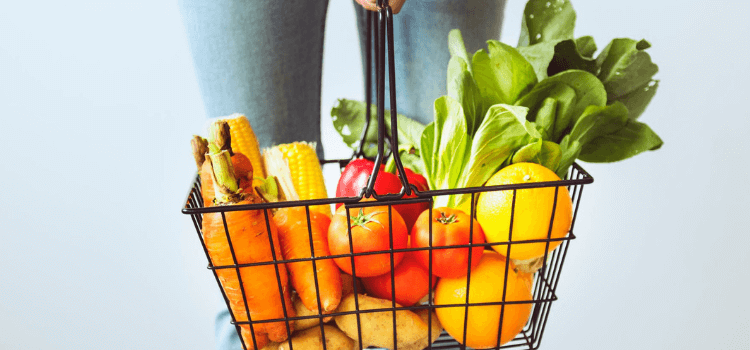
1. Choose the right veggies
Firstly, you need to hand pick the right kind of veggies; remember that certain vegetables can be seasonal, so choose those that grow all year round in Australia. If you are a novice gardener, make sure you choose edibles that are both productive and easy to manage. Some of the wisest picks would be radish, lettuce, basil, summer squash, sugar snap peas and tomatoes. Also, start as small as possible.
It’s best to only plant what you need. Don’t end up spending too much effort and time on edibles that can go wasted or are difficult to look after. A good tip is to grow vegetables that are difficult to buy. Also look at veggies that have short growing times. In this way, you can see the “fruit” of your labours in a matter of weeks. Most vegetables need full sun, so position is a key. Look for areas that get at least six hours of sun per day.
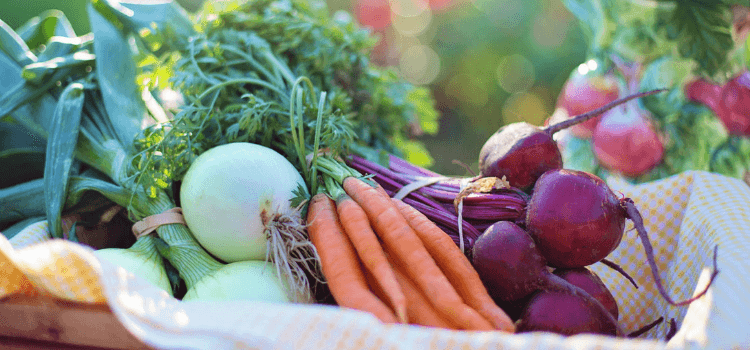
2. Use space efficiently
You should use try and use space efficiently in your vegetable garden. Dedicate certain areas in your garden to different types of plants. For example, plant heavy water dependent plants in one area and others that thrive on less watering in another. This is why it’s important to check plant labels, as different vegetables require different amounts of sunlight, water and fertilisation.
If you want your garden to produce more edibles, you should be diligent in removing weeds and water on a consistent basis. If your vegetable garden is on the ground and not in a raised box, then try using a soaker hose. This coupled with natural rainfall, will give you just the right amount of water.
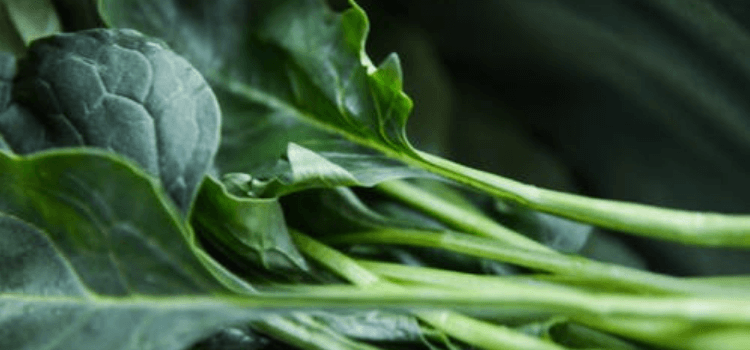
Before you think of growing your own produce, design a clean layout. Even if your garden isn’t huge, it’s one of the ways to create your dream small garden. There are two varieties in growing vegetable gardens. Firstly, you can opt for traditional row planting. As its name suggests, you grow plants in short rows. Secondly, you can invest in intensive cropping. This is an advanced technique that requires a lot of effort and experience. However, downsizing becomes easy with intensive cropping; bear in mind that intensive cropping isn’t for the small vegetable garden owner. This is an industrialised form of crop farming, typical of those farms that sell their produce to supermarkets.
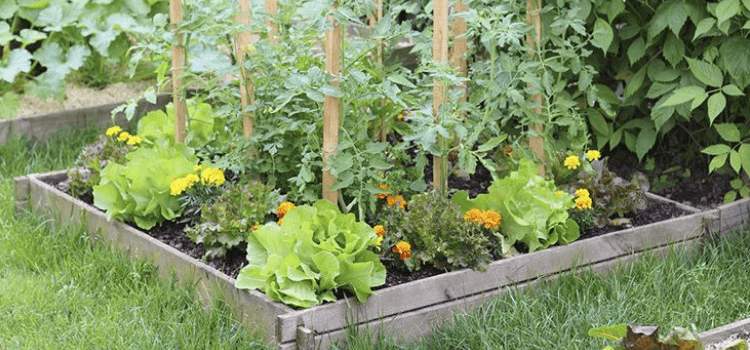
3. Rotating crops
Every three years, you should rotate crops. This means you can plant a crop in a specific location but do so for three consecutive years. This way, nutrients will not deplete from the soil. This method will also help to foil disease, causing pathogens and insect pests. To implement this task successfully, you should put together a simple but effective plan. Make sure you ensure your knowledge of crops, growing seasons and location is clearly up to date. Even little things like placing taller plants at the back, when facing east or west, will allow the smaller ones get their fair share of sunlight as well.
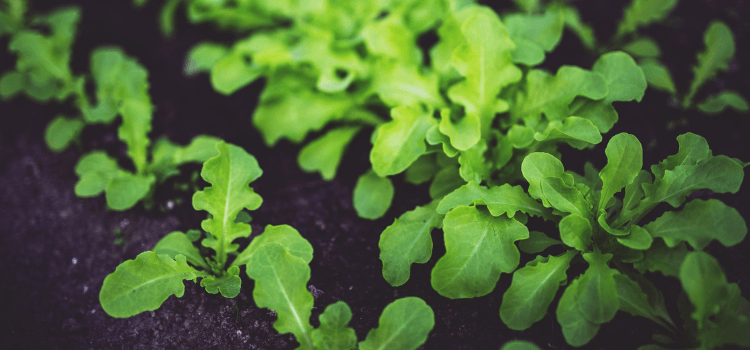
4. Preparing the soil
Regardless of what vegetables you decide to grow, the soil has to be prepared properly. Well prepared soil will produce lasting results. During this stage, pH has to be determined and regulated (if required). Additionally, add adequate amounts of organic matter into the soil. Organic matter can determine the rate at which plants grow. The best soil should include a fair amount of compost as well. These should include composted leaves and ground or shredded aged bark. Also, don’t over fertilise as this can burn the roots.
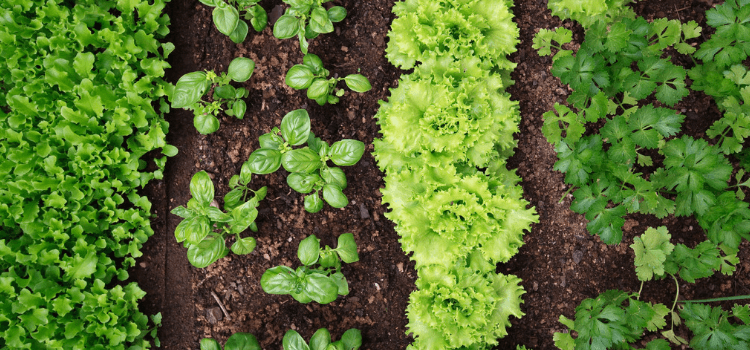
5. Start indoors
Last but certainly not least, you can begin the seeding process indoors. Start growing seedlings in late Autumn or Winter. This technique works well with capsicums, tomatoes, cabbage, broccoli and eggplants. When they have reached a certain size, they can be removed from their pots and planted into the soil.
Growing your own vegetables really is a smart idea, and can be the perfect new homeowner backyard inspiration. Many aren’t difficult to grow and will save you a considerable amount of money. The best thing? They taste a lot nicer than the supermarket varieties that are often snap cooled to stay fresh and kept for long periods of time.
Need a little help getting started? Service.com.au can help you find a local gardener in your area!
Get free quotes in minutes.
Get quotes from our qualified and licensed tradies Australia-wide.
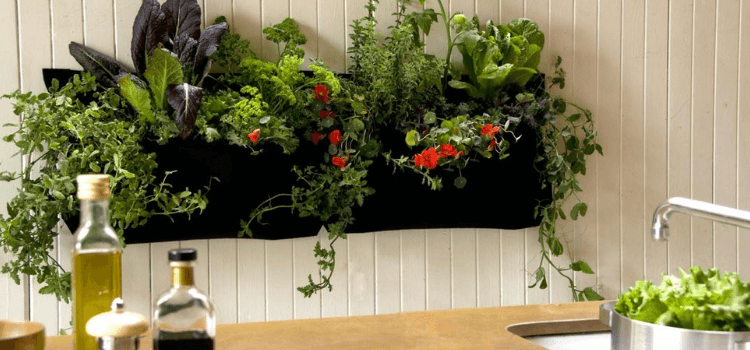
FAQs
How do I prevent pests and diseases in my vegetable garden without chemicals?
There are several natural methods for pest and disease management in vegetable gardens. One approach is companion planting, where certain plants are grown together to repel pests or attract beneficial insects. Additionally, practicing crop rotation can help break pest and disease cycles by moving crops to different areas of the garden each year.
Implementing good garden hygiene, such as removing diseased plants promptly and keeping the garden clean, can also reduce the risk of pest and disease outbreaks. Finally, using organic pest control methods like neem oil, insecticidal soaps, and homemade sprays made from garlic or chillis can effectively manage pests without resorting to chemicals.
How can you extend the growing season of certain vegetables beyond their typical harvest times?
One method is using season-extending structures like cold frames, row covers, or hoop houses, which provide protection from frost and allow you to start planting earlier in the spring or continue harvesting later into autumn. Additionally, planting heat-loving crops like tomatoes, peppers, and eggplants against south-facing walls or using reflective mulches can capture and retain heat, extending the growing season for these plants. Finally, selecting cold-tolerant vegetable varieties and planting them in succession throughout the season can ensure a continuous harvest even as temperatures drop.
How can you maximise limited space in an apartment for vegetable gardening?
Urban gardeners with limited space can still enjoy growing their own vegetables using several space-saving techniques. Vertical gardening, such as trellising vining plants like cucumbers or beans against walls or fences, allows you to grow upward instead of outward, maximising vertical space. Container gardening is another option, where vegetables are grown in pots, hanging baskets, or vertical planters on balconies, patios, or even windowsills. Additionally, utilising community gardens or joining a gardening co-op can provide access to shared gardening spaces and resources for apartment dwellers without their own outdoor areas. Finally, incorporating edible plants into ornamental landscapes, such as planting herbs or lettuce in flower beds or using edible flowers as both decoration and food, can blend food production with aesthetic appeal in small urban gardens.